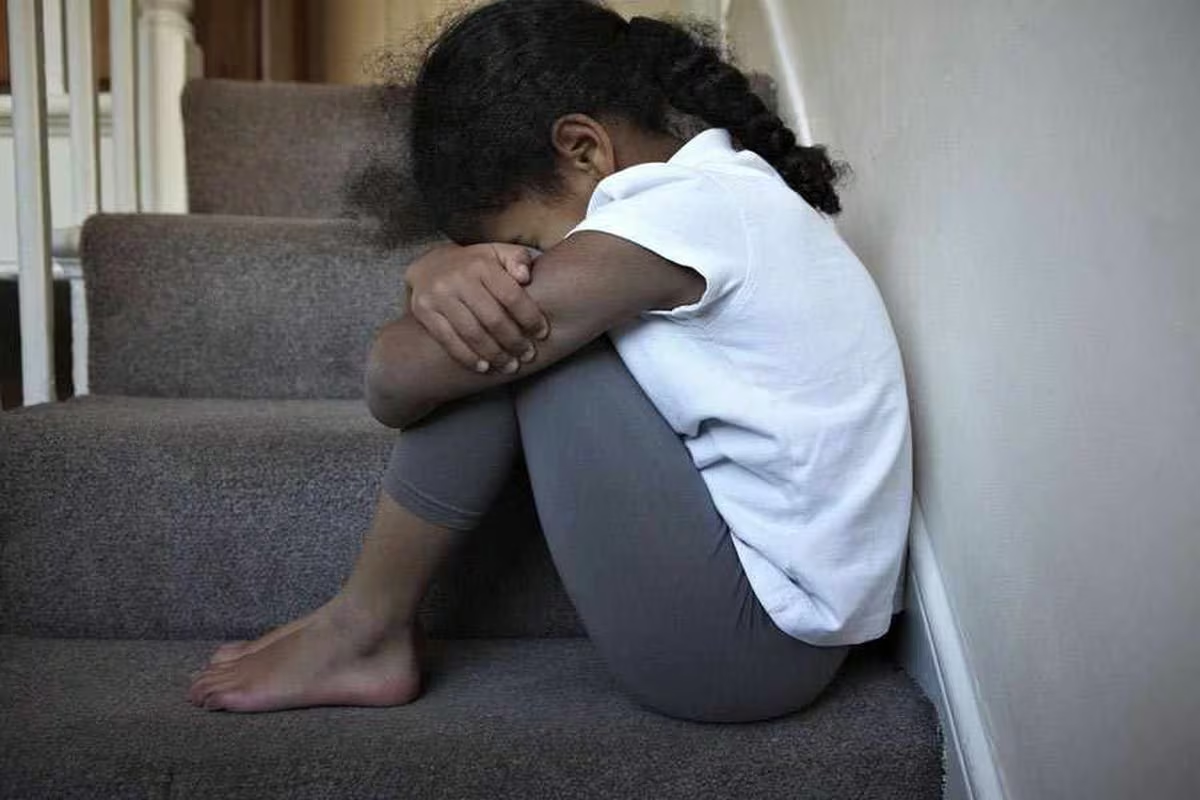President Volodymyr Zelensky returns to the U.S. Capital on Wednesday to strengthen relationships with lawmakers. For securing future aid for Ukraine and to express gratitude for the $175 billion in assistance already approved since Russia’s invasion in February 2022.
During his visit, which coincides with this week’s NATO summit in Washington, Zelenskiy is expected to meet with the leaders of the Senate and House of Representatives, as well as key committees involved in defense, spending, diplomacy, and national security. “It’s an incredibly important mission, and we’ve got to stand by Ukraine,” Senate Intelligence Committee Chairman Mark Warner told Reuters.
Zelensky’s visit occurs amid significant uncertainty regarding the upcoming U.S. presidential election. Incumbent Democrat Joe Biden, a strong supporter of aid to Ukraine, is running against former Republican President Donald Trump, who has expressed skepticism about continued support. Biden’s uneven debate performance on June 27 and low public approval ratings have raised concerns about his re-election prospects and his ability to manage the demands of his position for another term.
A few congressional Democrats have called for Biden to step aside for another candidate to challenge Trump. Last month, Reuters reported that two of Trump’s advisers had presented him with a plan to end Russia’s war in Ukraine if he wins the November 5 election. The plan involves pressuring Kyiv by limiting U.S. weapons supplies to encourage peace talks.
In Congress, many of Trump’s closest allies have consistently voted against aiding Zelensky’s government. However, Democrats and internationally focused Republicans have collaborated to approve the $175 billion in aid to Ukraine. Republican House Speaker Mike Johnson, a close Trump ally, shifted his stance in April—months after Biden’s request—and allowed a House vote that passed $61 billion in assistance for Ukraine.
When Zelensky last visited Congress in December, Johnson had opposed Biden’s request for additional funding. The House’s recent passage of the supplemental spending package by 311 to 112, with “no” votes from conservative Republicans allied with Trump, has fueled concerns that Trump’s party may block further aid if they gain control of the House, Senate, and White House in November.
However, in his first major national security address this week, Johnson acknowledged that Russia poses a threat beyond Ukraine and emphasized American voter support for the aid during his travels across the country. “People understand that [Russian President Vladimir Putin] would not stop if he took Kyiv. He’s a ruthless dictator in my view,” Johnson stated.







